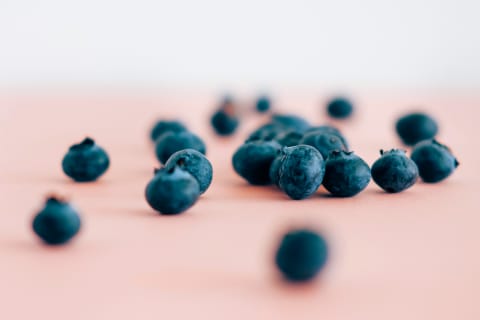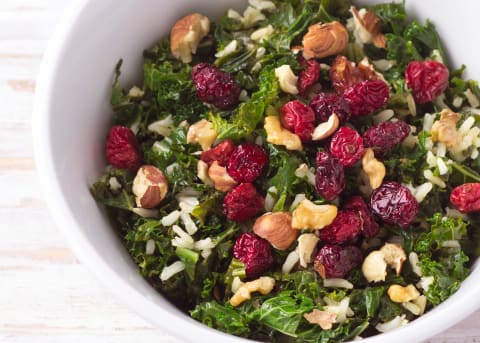Pterostilbene is closely related to resveratrol, an antioxidant found in grapes, and seems to have similar benefits—although, there are far fewer studies on pterostilbene. Both are compounds known as stilbenes, but research shows that pterostilbene has superior bioavailability1 (about 80 percent bioavailability compared to resveratrol’s 20 percent). This means that your body may be able to use it more efficiently and effectively. Some experts also believe that pterostilbene and resveratrol are better when consumed together, acting synergistically to promote health and prevent a variety of diseases, which is why you’ll often find them packaged together in supplements. Here are some of the exciting ways pterostilbene may help boost your health—plus, tips on the best and safest way to reap the benefits: Pterostilbene has also been shown to increases levels of glutathione, another antioxidant that’s been linked to everything from improved detoxification to reduced oxidative stress in mitochondria. Mitochondria are the energy powerhouses of our cells and play a role in most age-related diseases, and they also make sure you have enough energy to function optimally. Other plant sources of pterostilbene do exist, but they’re not necessarily edible. Several plants that contain pterostilbene are used in ayurvedic and traditional Chinese medicine as natural remedies for a variety of health conditions. These include bark from the kino tree19 (also called heartwood), which is used to promote healthy blood sugar and weight loss; a shrub called “ku ma du4” that’s used for the treatment of hypertension; and Chinese rhubarb, or “da huang4,” used to treat digestive disorders. In one clinical trial, participants were given up to 250 mg of trans-pterostilbene per day, and the side effects were comparable to a placebo. Plus, the participants taking the pterostilbene experienced a reduction in blood pressure. Pills typically contain 50 mg of trans-pterostilbene, and the recommended daily dose is between 50 mg and 150 mg, so it would be hard to exceed a safe range. That said, the amount of pterostilbene that is currently recommended for humans is still far lower than quantities given to animals in many of the studies mentioned above, making it difficult to determine if supplementing will truly be beneficial for everyone. More studies are certainly needed. And here’s our take on resveratrol.





